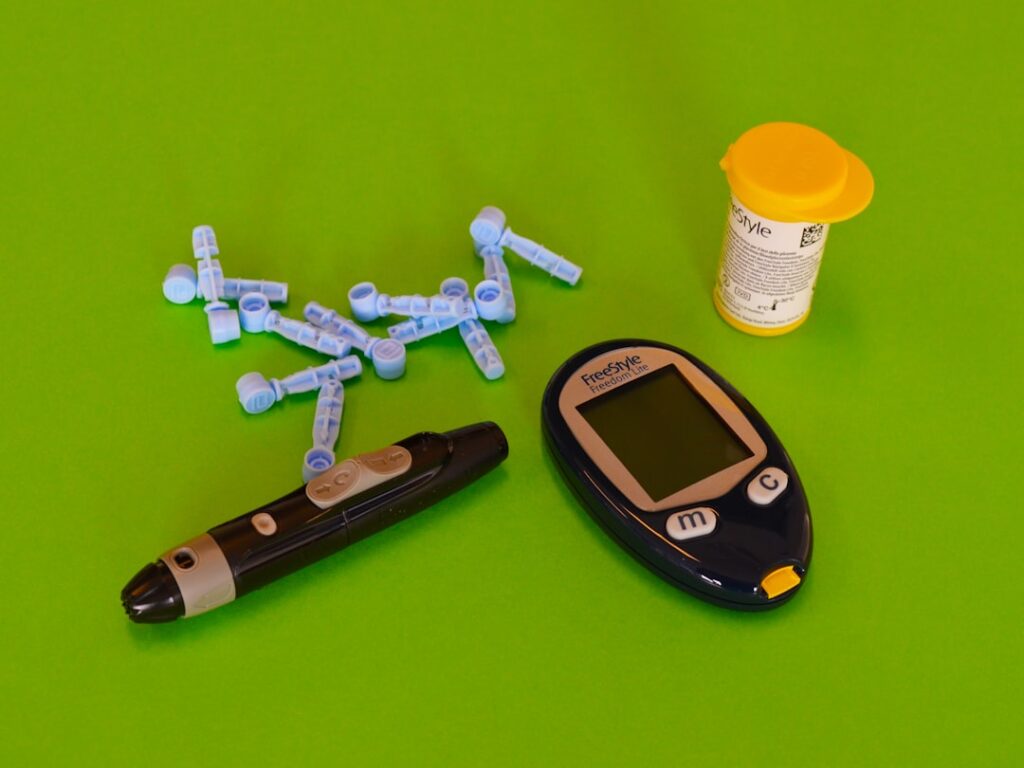AI Tools for Medical Diagnosis: Transforming HealthTech for Better Outcomes
In the fast-evolving world of healthcare, AI tools for medical diagnosis are revolutionizing the way clinicians interpret data and make decisions. By harnessing the power of artificial intelligence, healthcare professionals can improve patient outcomes, reduce costs, and enhance the overall efficiency of medical services.
The Role of AI in HealthTech
AI technology is reshaping the healthcare landscape by providing tools that assist in diagnosis and treatment planning. The integration of AI into HealthTech serves multiple purposes, from analyzing large data sets to aiding in early disease detection. Here is how AI is making a significant impact in health technology:
- Data Analysis: AI algorithms can process vast amounts of data far quicker than human professionals, uncovering patterns that can lead to more accurate diagnoses.
- Predictive Analytics: By predicting disease outcomes or identifying potential health risks, AI tools enable preemptive measures that can save lives.
- Automation of Routine Tasks: Automating administrative tasks allows healthcare workers to focus more on patient care rather than paperwork.
Applications of AI Tools in Medical Diagnosis
AI tools for medical diagnosis find application in various domains within the healthcare sector, transforming conventional diagnostic approaches into more efficient methods. Here are some significant applications:
Radiology
In fields like radiology, AI algorithms analyze X-rays, MRIs, and CT scans, identifying abnormalities such as tumors or fractures with high accuracy. These tools act as a second pair of eyes for radiologists, reducing the chances of human error.
Pathology
AI enhances pathology by examining tissue samples and identifying diseases at a cellular level. Machine learning can recognize patterns that may be missed by the naked eye, providing critical insights that lead to timely and effective treatment.
Benefits of AI Tools for Medical Diagnosis
Adopting AI tools for medical diagnosis comes with a plethora of benefits that contribute to improved healthcare delivery. The most notable advantages include:
- Enhanced Diagnostic Accuracy: Machine learning algorithms continually improve with more data, leading to more reliable diagnostics.
- Time Efficiency: AI tools significantly reduce the time taken to reach a diagnosis, allowing for quicker treatment initiation.
- Cost Reduction: By decreasing the number of unnecessary tests and hospitalizations, AI can lead to significant healthcare cost savings.
Challenges in Implementing AI in HealthTech
Despite the numerous benefits, there are challenges to consider when implementing AI tools for medical diagnosis:
Data Privacy and Security
Handling sensitive patient data raises significant privacy concerns. Healthcare providers must ensure compliance with data protection regulations to safeguard patient information.
Integration with Existing Systems
Integrating AI tools into existing healthcare systems can be complex and require significant investment in both time and resources.
Future of AI in HealthTech
The future of AI tools for medical diagnosis in HealthTech looks promising. As technology advances, we can expect:
- Greater Customization: AI will enable more personalized treatment plans based on individual patient data and preferences.
- Increased Collaboration: Improved interconnectivity among various AI systems will lead to collaborative networks that streamline patient care.
- Continued Innovation: Ongoing research and development will drive innovation in AI diagnostics, enhancing precision medicine approaches.
Conclusion
AI tools for medical diagnosis are set to transform the HealthTech landscape in unprecedented ways. By improving accuracy, efficiency, and patient care, these tools not only make life easier for healthcare professionals but ultimately lead to better health outcomes for patients. As we continue to explore the integration of AI in healthcare, it is essential to address challenges proactively to realize the full potential of this technological advancement.
The Role of AI Tools in Early Disease Detection
One of the most promising applications of AI tools for medical diagnosis lies in their ability to facilitate early disease detection. Early diagnosis can significantly enhance treatment effectiveness, often resulting in better patient outcomes. Algorithms developed using vast datasets can identify patterns that might elude even experienced clinicians.
For instance, AI systems can analyze medical imaging data such as MRIs, CT scans, and X-rays at a remarkable speed and accuracy. These AI tools are trained to recognize subtle anomalies that suggest the early stages of diseases like cancer or heart conditions, enabling timely interventions. As these tools continue to evolve, their integration into standard medical practice will likely become indispensable.
Improving Diagnostic Accuracy
AI tools for medical diagnosis also play a critical role in improving overall diagnostic accuracy. Through machine learning models, these tools can analyze complex datasets, including patient histories, lab results, and clinical notes, to deliver more precise diagnoses. They can mitigate human error by providing a second opinion that professionals can rely upon, ultimately fostering a more collaborative environment between technology and healthcare providers.
Moreover, many AI-driven diagnostic solutions incorporate real-time data analysis. This capability allows healthcare professionals to make informed decisions promptly, enhancing clinical workflows and improving patient experiences. By supporting clinicians in their decision-making processes, AI tools can result in fewer misdiagnoses and optimized treatment paths.
The Ethical Considerations of AI in HealthTech
As the integration of AI tools in medical diagnosis grows, ethical considerations surrounding their use must be addressed. Issues such as data privacy, algorithm bias, and the potential for over-reliance on technology in decision-making are critical areas of concern. Stakeholders must prioritize transparency and accountability while developing and implementing these tools, ensuring they augment rather than replace the human element in healthcare.
Ultimately, the successful application of AI in HealthTech will depend on a balanced approach, where AI tools for medical diagnosis enhance clinical practice without compromising ethical standards. By fostering collaboration between technology developers, healthcare professionals, and regulatory bodies, we can harness the full potential of AI while safeguarding patient welfare.


